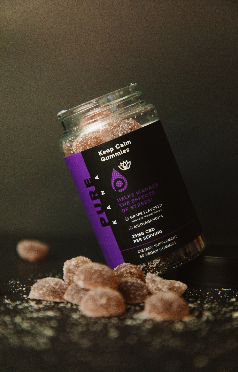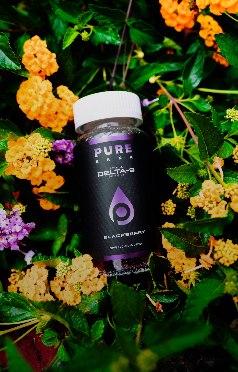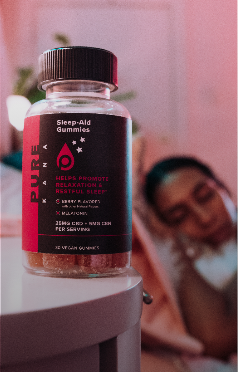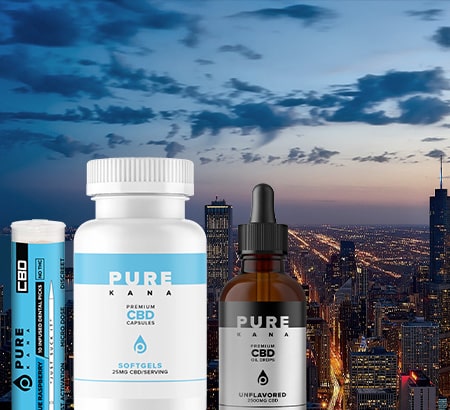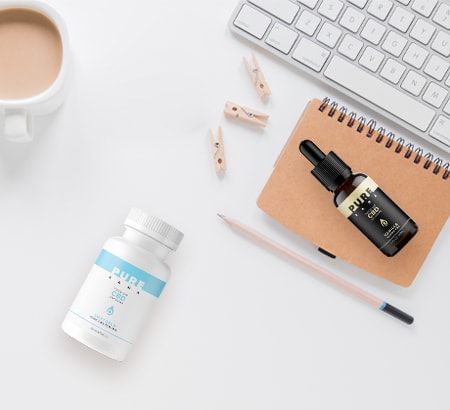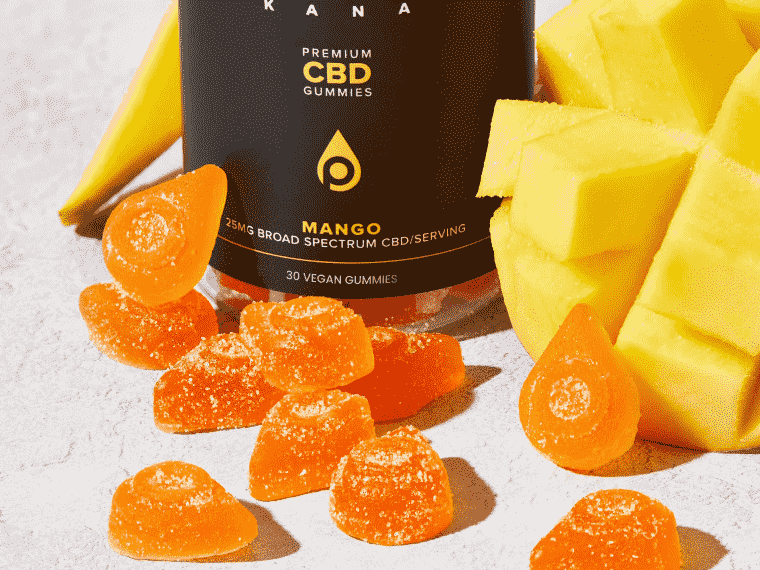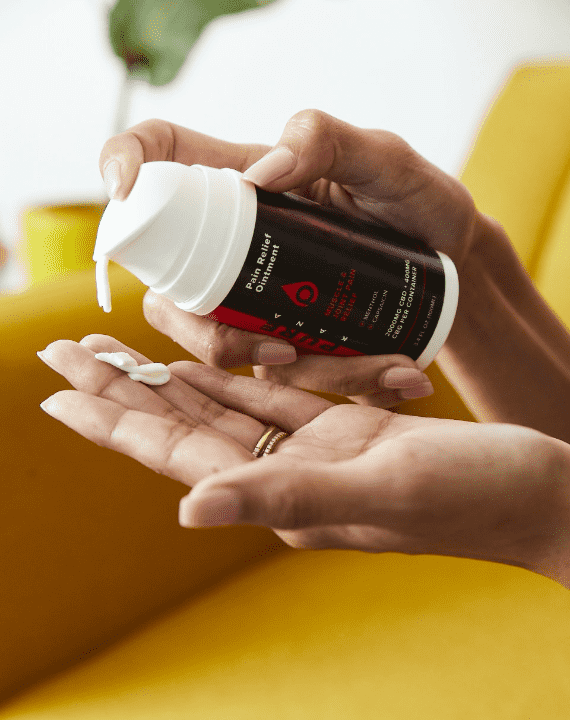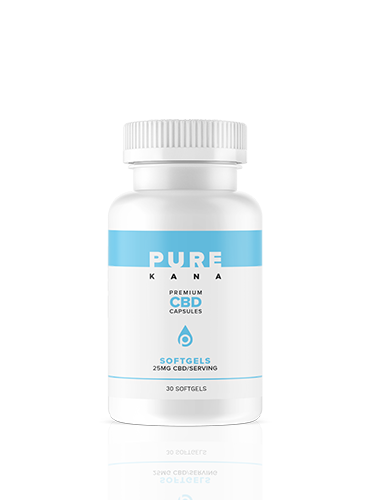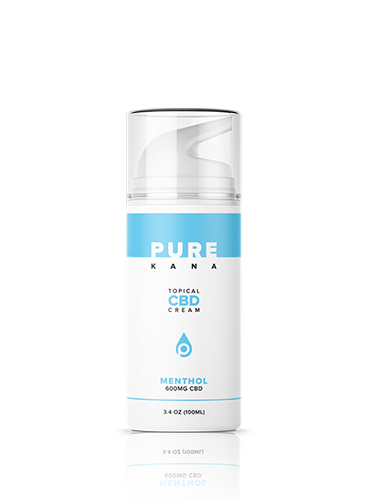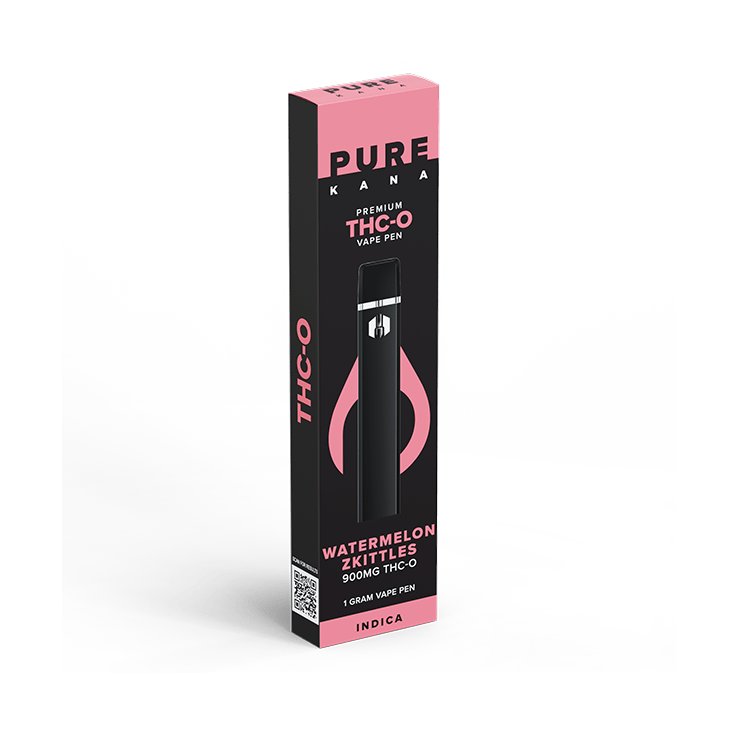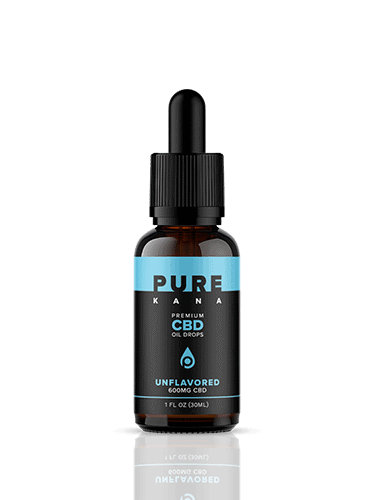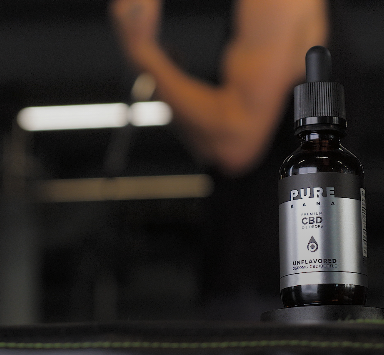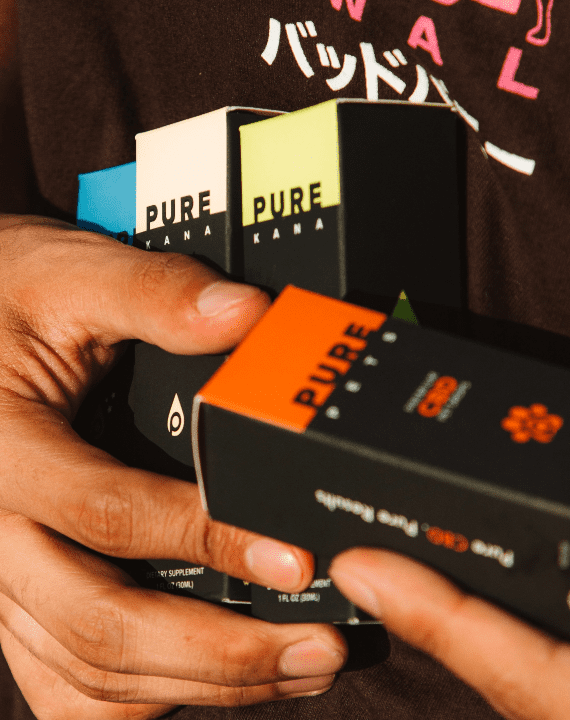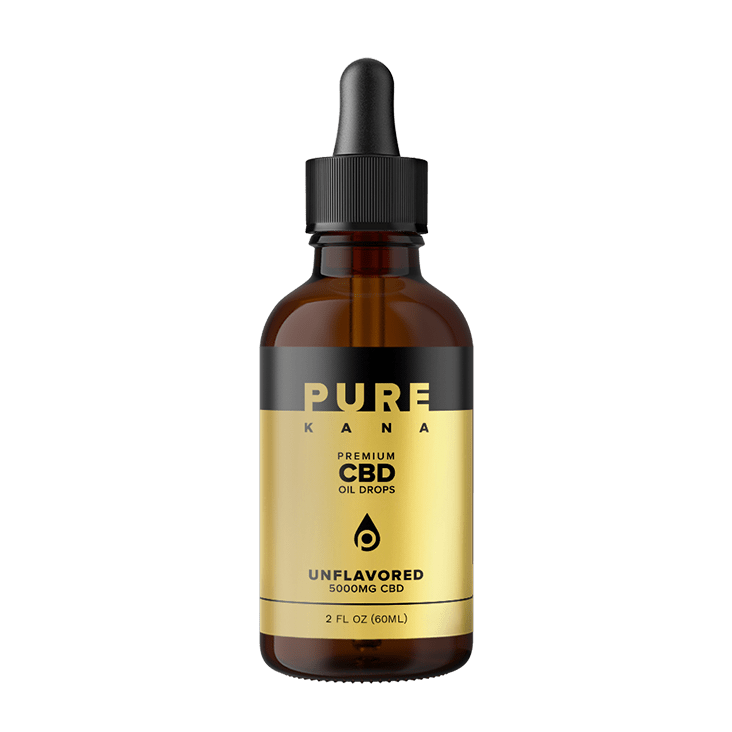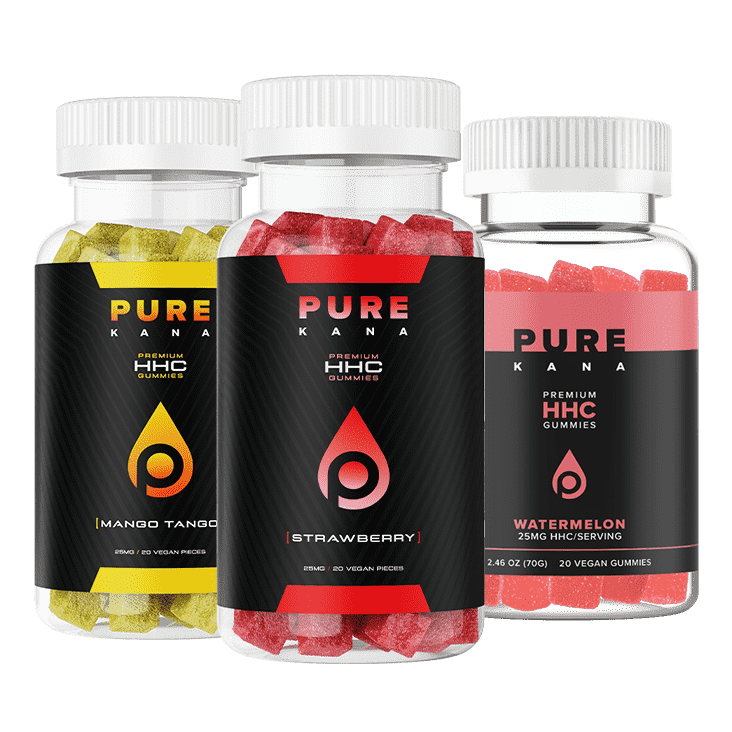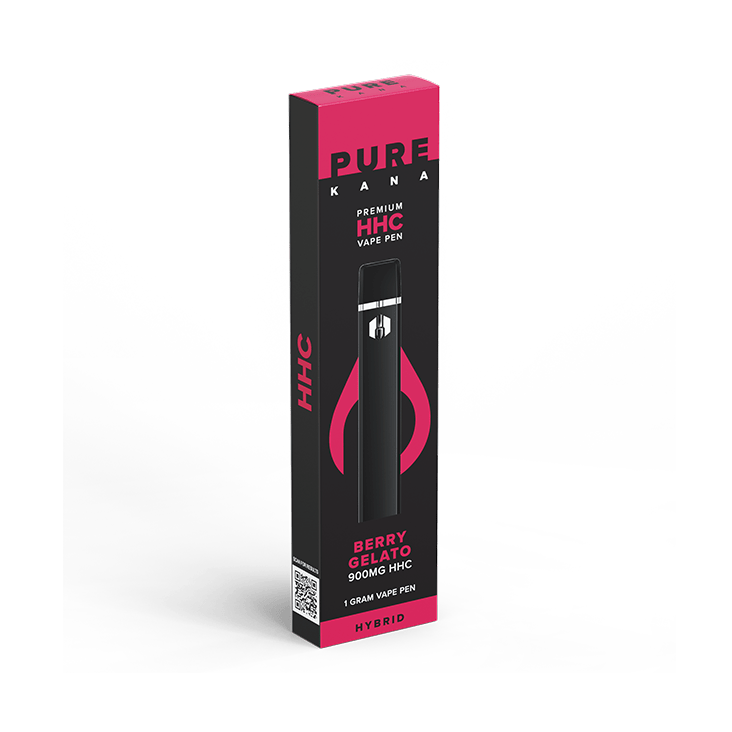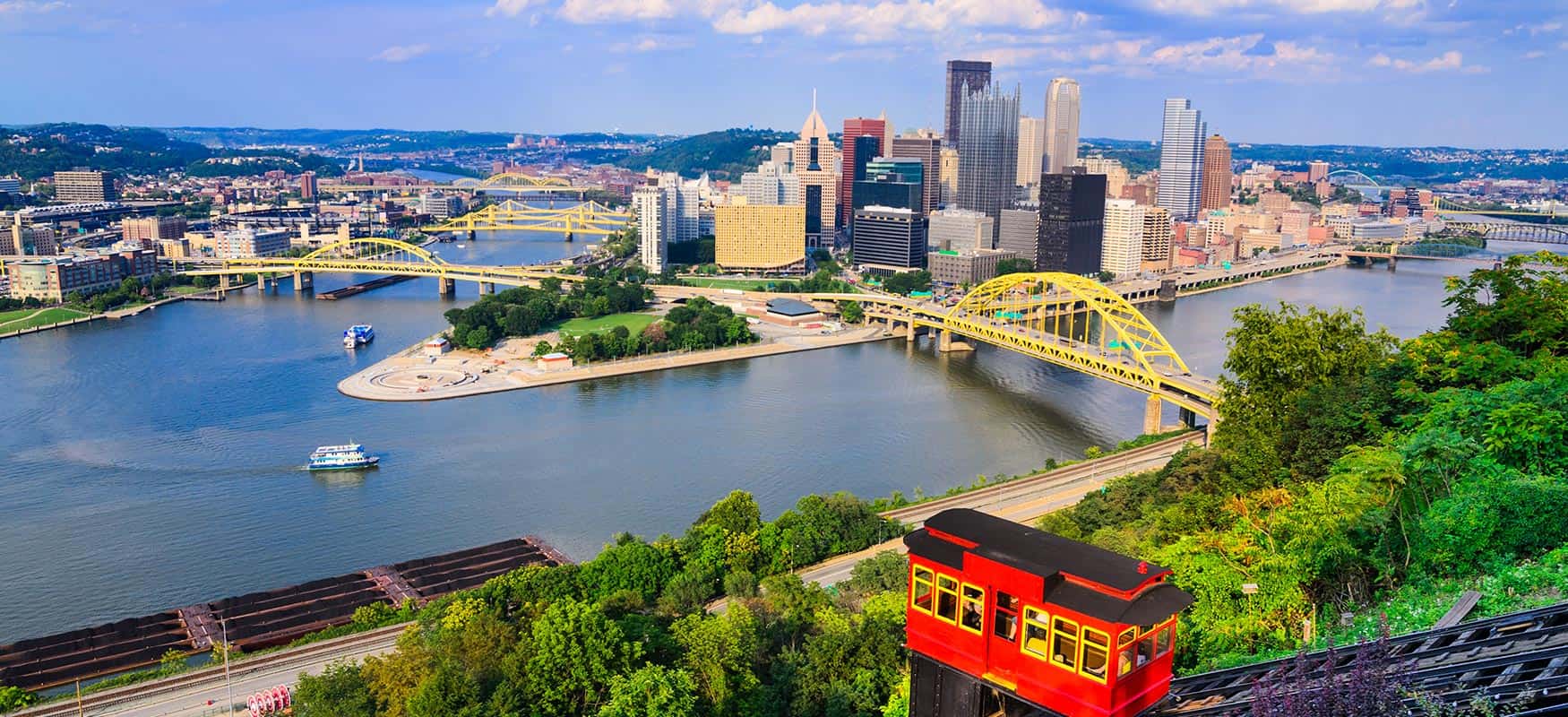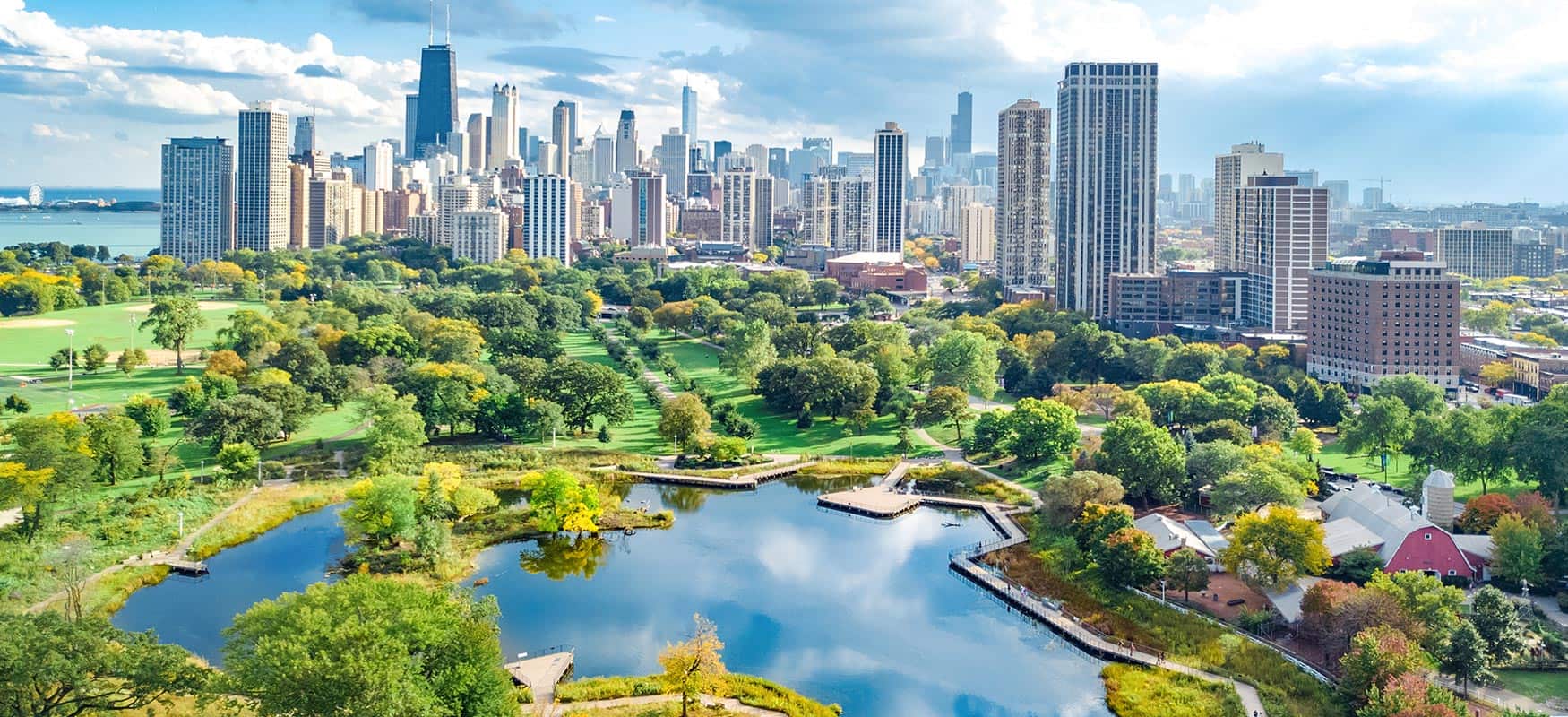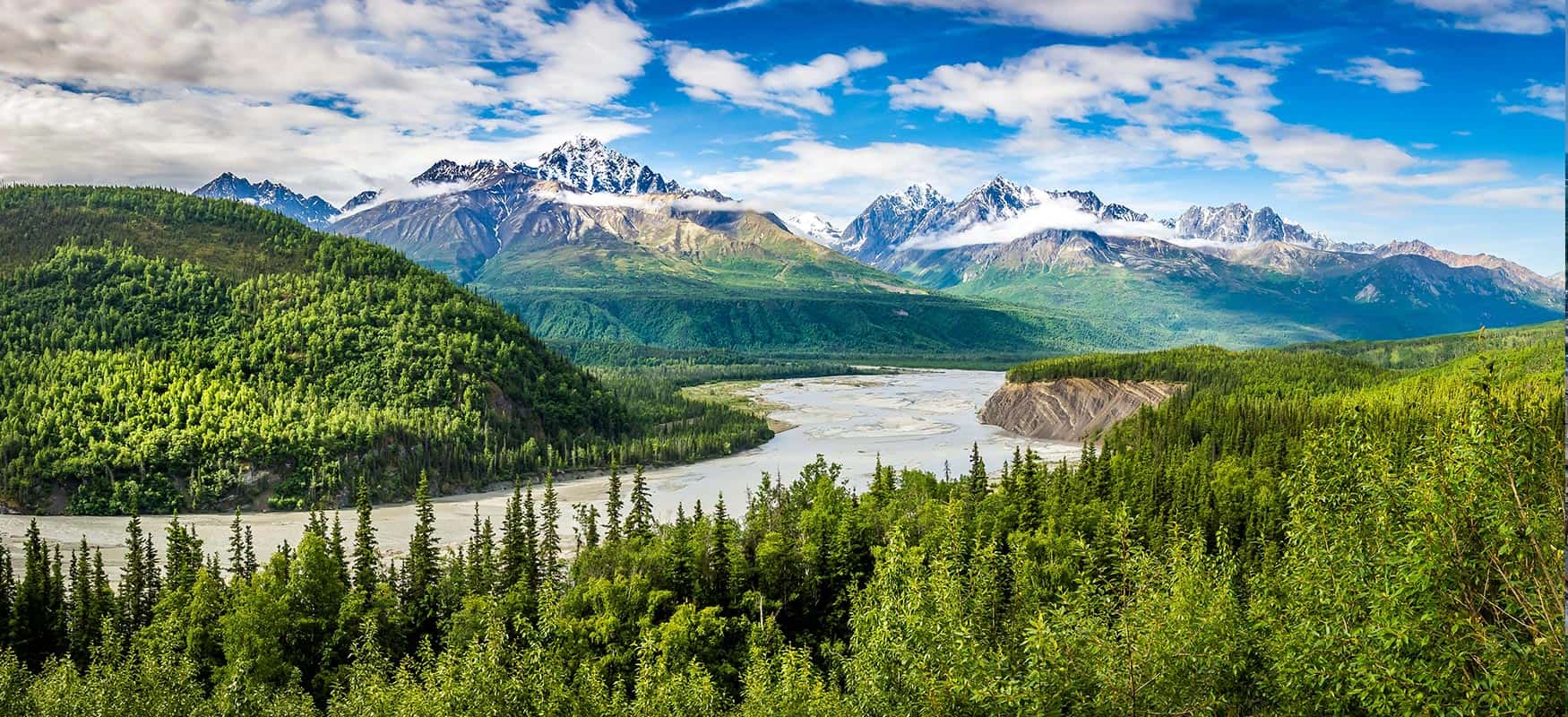FOLKS ARE ASKING: IS CBD OIL LEGAL IN MICHIGAN?
The 2018 Farm Bill opened up a whole new world of opportunity for the CBD market since it legalized industrial hemp. As such, CBD oil is becoming increasingly popular all across the country, including in Michigan. However, many fail to realize that although the Farm Bill legalized hemp nationwide, it still leaves the responsibility to legalize hemp to each state.
In other words, the onus is on the state to implement its own rules and regulations regarding the sale and use of hemp and hemp-derived products, like CBD. As you can imagine, this has created a lot of confusion for both CBD retailers and customers alike. Moreover, it doesn’t help that the Farm Bill has left a lot open for interpretation.
So what is the status of CBD oil in Michigan? Although the Great Lakes State has a complicated history of cannabis legislation, it’s come a long way in recent years. In December 2018, the state legalized recreational cannabis for adults, so it follows that CBD products are permitted, too. Michigan is one of 18 states that has legalized recreational cannabis.
Today, if you Google “CBD oil Michigan,” you’ll get hundreds of results. You can shop both in-store and online, but quality is an important factor to consider when shopping for CBD. Not all CBD products are created equally, with many made using low-quality hemp and subpar ingredients. Always buy your CBD from a reputable, reliable source to ensure premium-quality and effective products. PureKana is one of the most trusted and well-respected CBD companies in the market.

